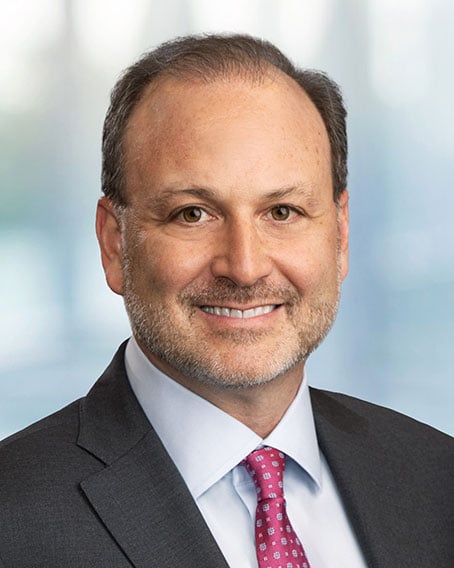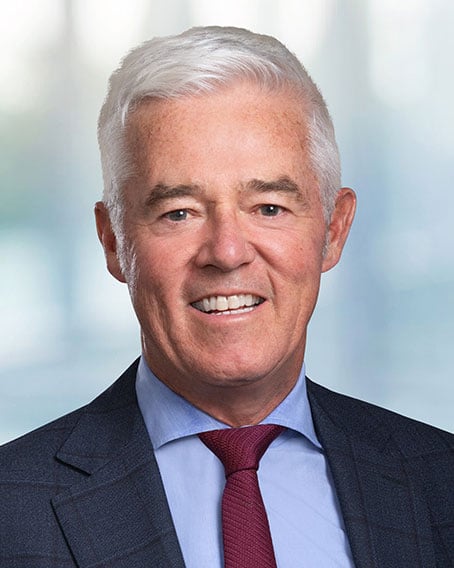On March 23, 2010, President Obama signed into law the Patient Protection and Affordable Care Act (PPACA). By week's end, the House and Senate had also both passed the Health Care and Education Reconciliation Act of 2010 (the Reconciliation Bill), which makes certain changes to the PPACA. In addition to its landmark provisions relating to health care access and delivery, the PPACA makes significant changes to health care fraud and abuse laws that will no doubt intensify the risks and consequences of enforcement actions for years to come. The PPACA continues the expansion of the False Claims Act (FCA) that began with the Fraud Enforcement and Recovery Act of 2009 (FERA), and amends key provisions of other powerful anti-fraud and abuse statutes as well. Beyond these substantive changes, the PPACA provides the government with new enforcement tools and enhances both criminal and administrative penalties for noncompliance.
Expansion of the FCA Continues
Public Disclosure Bar Significantly Narrowed. Until this week, a whistleblower was not entitled to pursue publicly disclosed claims on behalf of the United States unless he was a direct and independent source of the information on which his allegations of misconduct were based.
- Under the PPACA, it will now be enough that he has independent knowledge that materially adds to publicly disclosed allegations.
- Furthermore, the PPACA limits the type of activity that counts as a “public disclosure” to disclosures made in a federal setting; disclosure in state reports or state proceedings will no longer qualify.
- Even if all requirements are met to bar a whistleblower's suit, the PPACA permits the United States to waive application of the bar at its discretion so that the whistleblower can proceed with his or her complaint.
Violations of the Anti-Kickback Statute (AKS) Trigger “False” Claims. The PPACA states—for the first time in any federal statute or regulation—that a claim submitted for items or services, the provision of which resulted from a violation of the AKS, is “false” under the False Claims Act and certain other false claims statutes.
FCA Liability for Failure to Return an Overpayment Continues To Be a Focus. Last year’s FCA amendments made the knowing and intentional failure to return an overpayment, where there was an obligation to do so, a violation of the FCA. The PPACA appears to clarify (or attempt to clarify) the circumstances under which a recipient of an overpayment has such an obligation, and how quickly that obligation attaches once the overpayment is discovered by the recipient.
Claims Made Through the New American Health Benefits Exchanges Will be Policed with the FCA. The PPACA provides that payments made by, through or in connection with the new American Health Benefits Exchanges will fall within the scope of the FCA, to the extent that such payments include any federal funds.
Important Changes to Other Health Care Fraud Authorities
Amendment to the AKS Intent Standard: The PPACA provides that a person may violate the AKS without knowledge of, or specific intent to violate, the AKS. This change is designed to water down the heightened scienter standard imposed by the Ninth Circuit in its landmark Hanlester Network decision and, in doing so, imposes a uniform, lesser-intent standard across the other federal circuits.
Limitations on Stark Law Exceptions. The PPACA imposes new limits on key Stark Law exceptions.
- Whole Hospital and Rural Provider Exceptions: The PPACA effectively limits these exceptions to hospitals that have Medicare provider agreements and physician ownership and investment as of December 31, 2010, and imposes other additional requirements.
- Retroactively Imposes Disclosure Requirements on In-Office Ancillary Services Exception: The PPACA requires new patient disclosures for certain imaging services furnished on or after January 1, 2010 to qualify under this exception.
New Exceptions to the Anti-Inducement Statute to Promote Access to Care: The PPACA adds new statutory exceptions for certain “charitable and other innocuous programs” and authorizes the Secretary of the Department of Health and Human Services to promulgate additional regulatory exceptions that “promote access to care” and pose “low risk of harm to patients and Federal health care programs.”
New Investigative Powers
The PPACA gives the government new resources and tools to police health care fraud.
- Expanded HHS Subpoena Power: The subpoena power of the Department of Health and Human Services (HHS) is expanded to apply to cases involving allegations that a party is defrauding federal health care programs. The Secretary of HHS may delegate this subpoena power to HHS-OIG.
- Additional Funding to Investigate Health Care Fraud: The PPACA provides more than $300 million over the next ten years to fight fraud and abuse.
- Expanded Use of Recovery Audit Contractors (RACs) to Enforce Fraud and Abuse Laws: The PPACA expands the jurisdiction of the RAC program to include Medicare Part C, Medicare Part D and Medicaid.
Enhanced Penalties for Noncompliance
Increased Criminal Penalties: The PPACA requires that the Federal Sentencing Guidelines be amended to increase sentences for defendants convicted of Federal health care offenses, and adds violations of the AKS and the Federal Food, Drug, and Cosmetic Act (FDCA) to this category of offense.
Significant Expansion of Administrative Penalties: In addition to granting HHS a new subpoena power, the PPACA expands the penalties that HHS may impose for violations of fraud and abuse laws.
- Suspension of Payments: The PPACA authorizes HHS, in consultation with HHS-OIG, to suspend Medicare and Medicaid payments to a provider of services or a supplier “pending an investigation of a credible allegation of fraud,” unless there is good cause not to suspend such payments.
- Expanded Permissive Exclusion: The PPACA gives HHS the authority to exclude any individual or entity that knowingly makes or causes to be made a false statement or omission in an application, agreement, bid or contract to participate or enroll as a provider or supplier under a Federal health care program.
- Expanded Civil Money Penalties (CMPs): The PPACA adds new grounds for imposing CMPs, including the knowing retention of an overpayment, or knowingly making or causing to be made a false statement in an application, bid or contract to participate as a provider or supplier under a Federal health care program.
- Required Medicaid Exclusions: The PPACA requires that state Medicaid agencies exclude any individual or entity that owns, controls, or manages an entity (or that is owned, controlled or managed by an individual or entity) that has unpaid, delinquent overpayments; is suspended, excluded or terminated from Medicaid; or is affiliated with an individual or entity that has been suspended, excluded or terminated from Medicaid.
Mandatory Compliance Program Requirement
The PPACA requires that, as a condition of enrollment in Medicare, Medicaid and CHIP, providers and suppliers establish and maintain compliance programs that satisfy requirements to be established by the Secretary of HHS, in consultation with HHS-OIG. The statute does not provide further guidance on the content or timing of the new requirement.
If you would like further information, please contact the attorneys listed above or the Ropes & Gray attorney who usually advises you.
Authors
Stay Up To Date with Ropes & Gray
Ropes & Gray attorneys provide timely analysis on legal developments, court decisions and changes in legislation and regulations.
Stay in the loop with all things Ropes & Gray, and find out more about our people, culture, initiatives and everything that’s happening.
We regularly notify our clients and contacts of significant legal developments, news, webinars and teleconferences that affect their industries.






